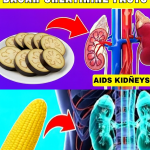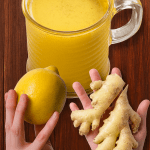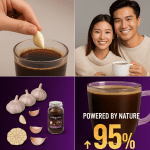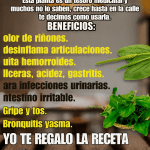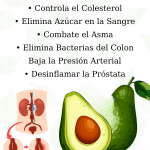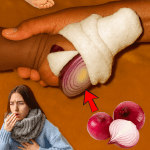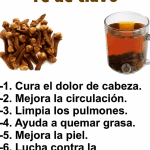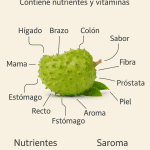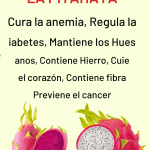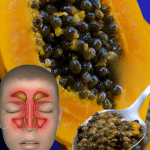Imagine this: your body is trying to tell you something critical, whispering warnings that could save your life—if only you knew what to listen for. A stroke, often thought to strike without notice, can actually send subtle signals up to a month in advance. Recognizing these early red flags and taking action could be the difference between a healthy future and a life-altering event.
In this article, we’ll uncover the 8 surprising warning signs of a stroke that your body might reveal weeks before it happens. Plus, we’ll arm you with 9 powerful, science-backed strategies to prevent a stroke naturally. If you’re ready to take control of your brain health and protect your future, keep reading—this could be the most important article you read today.
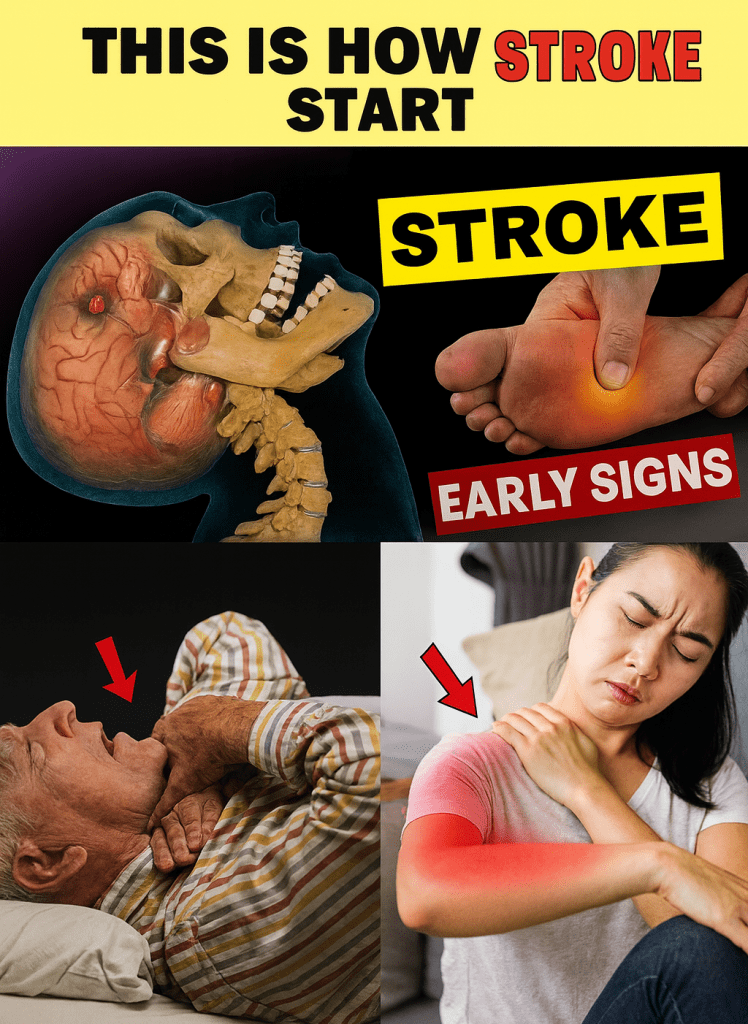
🧠 Why Stroke Awareness Matters
A stroke occurs when blood flow to the brain is interrupted, starving brain cells of oxygen and nutrients. Within minutes, brain tissue begins to die, potentially causing permanent damage. Every year, millions of lives are impacted by strokes, but here’s the good news: up to 80% of strokes are preventable. The key? Early detection and proactive lifestyle changes.
Your body often sends subtle clues in the weeks leading up to a stroke. These aren’t loud alarms but quiet whispers—easy to dismiss unless you know what to look for. By understanding these signs and taking preventive steps, you can significantly reduce your risk and safeguard your health.
⚠️ 8 Subtle Warning Signs of a Stroke One Month Before
Paying attention to your body’s signals could be a lifesaver. Here are eight early warning signs that may appear up to a month before a stroke. If you notice any of these, don’t ignore them—consult a healthcare professional immediately.
1. Persistent or Unusual Headaches
Frequent headaches that feel different from your usual tension or migraine pain could be a warning. These headaches may stem from restricted blood flow to the brain, a precursor to a stroke. If they persist or intensify, especially with other symptoms, take note.
2. Dizziness or Loss of Balance
Feeling lightheaded or unsteady for no apparent reason? Sudden dizziness or trouble maintaining balance could signal issues with blood circulation in the brain. If these episodes occur repeatedly, they’re worth investigating.
3. Unexplained Fatigue
Do you feel drained even after a full night’s sleep? Persistent, unexplained exhaustion might mean your brain isn’t getting enough oxygen. This subtle sign could indicate early vascular problems that increase stroke risk.
4. Vision Changes
Sudden blurred vision, double vision, or partial vision loss in one or both eyes can be a red flag. These changes may point to disruptions in blood flow to the brain’s visual processing areas, a potential precursor to a stroke.
5. Trouble Speaking or Understanding
Struggling to find the right words, slurring speech, or having difficulty understanding conversations are serious signs. These symptoms may indicate a mini-stroke (transient ischemic attack) or an impending major stroke.
6. Numbness or Weakness on One Side
Tingling, weakness, or numbness in your face, arm, or leg—especially on one side of the body—is a classic stroke warning. These sensations may come and go but should never be ignored.
7. Memory Lapses or Confusion
Sudden forgetfulness, difficulty concentrating, or feeling mentally foggy could signal disrupted brain function. If these cognitive changes appear out of the blue, they may be early stroke indicators.
8. Unexplained Mood Swings
Sudden irritability, anxiety, or emotional instability without a clear cause could be linked to changes in brain circulation. When paired with other symptoms, these mood shifts warrant attention.
If any of these signs feel familiar, don’t wait. Early action could prevent a life-changing event. Contact your doctor to discuss your symptoms and explore next steps.
🛡️ 9 Powerful Ways to Prevent a Stroke Naturally
The best defense against a stroke is a proactive offense. By making strategic lifestyle changes, you can dramatically lower your risk and boost your overall health. Here are nine proven, natural strategies to protect your brain and body.
1. Keep Blood Pressure in Check
High blood pressure is the leading cause of stroke, silently damaging blood vessels over time. Aim for a healthy blood pressure reading below 120/80 mmHg. Monitor it regularly at home or with your doctor, and manage it through diet, exercise, and, if needed, medication.
2. Embrace a Brain-Healthy Diet
What you eat directly impacts your stroke risk. Fill your plate with nutrient-rich foods like leafy greens, berries, fatty fish (rich in omega-3s), nuts, and seeds. Limit processed foods, trans fats, and added sugars, which can clog arteries and raise blood pressure.
3. Move Your Body Daily
Physical activity is a powerful stroke-prevention tool. Just 30 minutes of moderate exercise—such as brisk walking, cycling, or swimming—five days a week can improve blood flow, lower blood pressure, and strengthen your heart. Find an activity you enjoy to make it sustainable.
4. Quit Smoking for Good
Smoking doubles your stroke risk by damaging blood vessels and promoting clot formation. Quitting can be challenging, but the benefits are profound—your risk drops significantly within a few years. Seek support through counseling, apps, or cessation programs.
5. Limit Alcohol Consumption
Excessive alcohol raises blood pressure and stroke risk. Stick to moderate drinking: no more than one drink per day for women and two for men. Opt for heart-healthy alternatives like sparkling water or herbal tea to stay hydrated and refreshed.
6. Manage Diabetes Effectively
Uncontrolled diabetes damages blood vessels, increasing the likelihood of stroke. Monitor your blood sugar levels closely, follow a balanced diet, and adhere to your doctor’s recommendations. Keeping diabetes in check protects both your brain and heart.
7. Tame Chronic Stress
Chronic stress fuels inflammation and raises blood pressure, both of which heighten stroke risk. Incorporate stress-relief practices like meditation, deep breathing, yoga, or spending time in nature. Even 10 minutes a day can make a difference.
8. Optimize Cholesterol Levels
High levels of LDL (“bad”) cholesterol can clog arteries, paving the way for a stroke. Prioritize healthy fats like those found in avocados, olive oil, and nuts. Avoid fried foods and get regular blood tests to monitor your cholesterol levels.
9. Stay Hydrated
Dehydration thickens your blood, making clots more likely. Aim to drink at least eight 8-ounce glasses of water daily, more if you’re active or live in a hot climate. Carry a reusable water bottle to make hydration a habit.
💡 How to Act on These Warning Signs and Prevention Tips
Knowledge is only powerful if you act on it. Here’s how to put this information into practice:
- Monitor Your Body: Keep a journal of any unusual symptoms, like headaches or dizziness, and share them with your doctor. Early detection can prevent a stroke.
- Schedule Regular Checkups: Routine screenings for blood pressure, cholesterol, and blood sugar can catch issues before they escalate.
- Make Small Changes Daily: Start with one or two prevention tips, like adding a daily walk or cutting back on sugary snacks. Small steps lead to big results.
- Educate Your Loved Ones: Share these warning signs and prevention strategies with family and friends. You could save a life by spreading awareness.
🌟 Your Health, Your Future
A stroke doesn’t have to be your story. Your body is always communicating, sending signals to guide you toward better health. By listening to the subtle warnings—headaches, fatigue, numbness, or confusion—you can take action before it’s too late.
And by embracing the nine prevention strategies, you’re not just reducing your stroke risk—you’re building a stronger, healthier, and more vibrant life. From eating nutrient-packed foods to staying active and managing stress, every choice you make today shapes a brighter tomorrow.
Don’t wait for a wake-up call. Start now. Check your blood pressure, take a walk, drink more water, and listen to your body. Your brain, heart, and future self will thank you.
